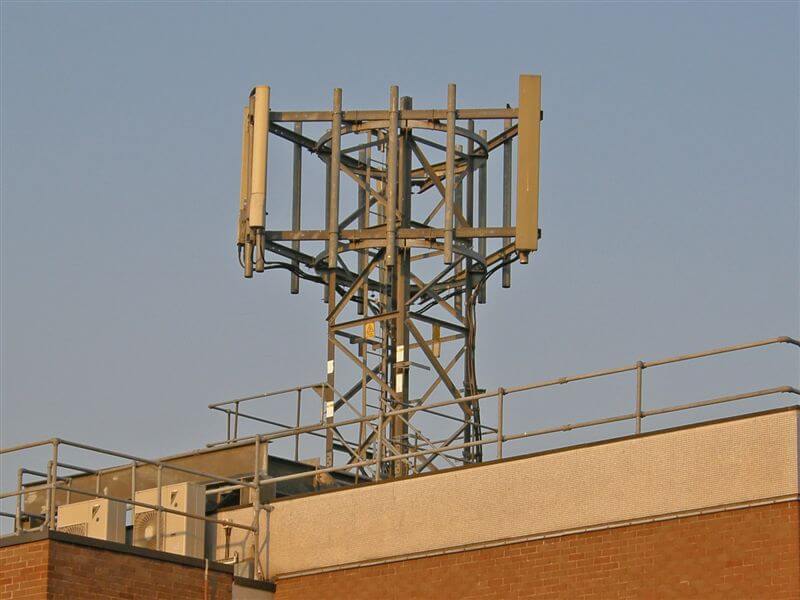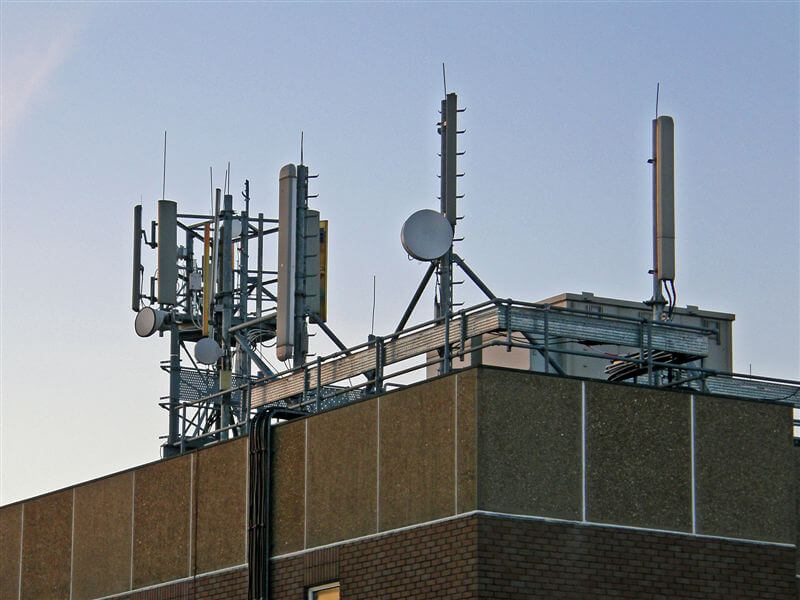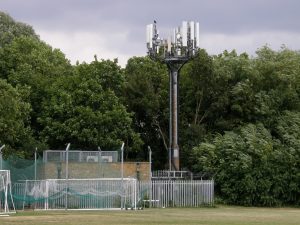
what was the original telecommunications code?
- Regulated the relationship between landlord and tenant
- If parties couldn't agree, the Court would decide
- The Court could impose the terms of the agreement
- Rent would be Market Value
- Getting an Operator off site could be difficult
electronic communications code
The Original Code
What was the Telecommunications Code and how did it affect landlords?
The original Telecommunications Code was established in 1984 to regulate the relationship between telecoms Operators and site providers in the UK. However, much has changed in the decades since, and access to a mobile phone network has arguably become a necessity, not a luxury.
The Old Code was deemed in need of urgent reform. One of the main driving forces for change was stories about the UK lacking behind countries like Norway and South Korea in terms of digital connectivity. This resulted in the main political parties making this a key element in their 2015 election manifestos.
electronic communications code
What Did the New Code Change?
The Digital Economy Act 2017 brought with in the new Electronic Communications Code (the New Code).
Changes to the Code were proposed to help facilitate the rollout of new telecoms sites, especially where there was disagreement between the site owner and the telecoms Operator. The Operators argued that acquiring new sites quickly was essential to the growth and maintenance of a high-speed mobile phone network in the UK. But was being hindered by disputes with landlords.
These changes were intended to make the process easier and fairer for both parties, and to provide a framework for the Court use where consensual negotiations had failed. However, in May 2016, the Government announced the changes which would be included in the legislation and there were some key last minute differences. The most contentious of which was the change in the way land was valued.

The electronic communications code sought to define:
- When a landlord could be forced to provide access
- The market rent a landowner could charge
- The rights of landlords to remove Operators from site
- The rights for an Operator to share and upgrade
- The procedure for resolving disputes

electronic communications code
- New Code does not apply to existing leases
- New Code doesn not apply to protected tenancies
- Operators trying to force same terms regardless
- Take any legal notices seriously
electronic communications code
Does This Apply to All Telecoms Sites?
What about existing agreements? And agreements that had protection under the Landlord and Tenant Act (1954)?
The new law was not intended to apply retrospectively. Therefore, it cannot alter existing agreements, these will continue on the same terms until they expire- or are terminated early if they allow it.
In addition, case law confirmed that the new Code does not apply to tenancies which are protected under the Landlord and Tenant Act 1954. Despite this, the Operators are approaching these renewals with the same force as renewals under the Electronic Communications Code. They are offering the same poor terms and very low rents.

Where the new code applies
- A new valuation methodology applies
- Based on the value to the landowner and not the tenant
- Compensation and consideration are paid
- Landlord should not profit, but not suffer any loss
where the new code does not apply
- The valuation basis is Open Market Value
- Based on rents for similar phone masts
- Operators trying to influence market by using one off payments in lieu of rent
- Still trying to offer very low rents
- Extremely important to seek proffessional advice
electronic communications code
How Has the New Code Affected Rents?
What has happened to rents as a result of the New Code? Have they really fallen by up to 90%?
Since the very first phone masts were built, landowners have leased their land to telecoms Operators. The rent agreed depended on the rights the Operator was seeking, the location, and was based on an Open Market Valuation. This meant looking at and comparing the rent paid for similar phone mast sites in similar locations. As with all free markets, supply and demand dictated rents. In city centres, where potential locations were scarce but demand was high, rents far exceeded those for similar sites in rural locations.
However, all that was set to change under the new Electronic Communications Code. Sites were now to be valued on a ‘no scheme’ basis. On the value to the landowner and not the Operator. This was expected to produce around a 40% reduction in rents across the UK, phased in as new leases were agreed. The hope (at least among the telecoms Operators) was that this would make it quicker and cheaper for telecoms Operators to build new phone masts.
electronic communications code
What has happened since 2017?
The Electronic Communications Code has been in force since December 2017 but very few leases have been agreed. What has happened?
The framework to be used by the Court was intended to be a last resort, applied in the rare instances where a consensual agreement could not be reached by both parties acting fairly. But, in the negotiations which have taken place thus far, it seems not all parties are acting fairly. And Court seems to be the preferred route for those who can afford it – the Operators.
The new law gives telecoms Operators much stronger rights over land. Allowing them to survey potential new sites and also to build and maintain a phone mast on that land if it suits them. The Electronic Communications Code allows the tenant to upgrade and share their equipment with other Code Operators, provided the additional adverse impact is minimal. The burden placed on the landlord has increased, but the financial payments on offer have plummeted.
The expected 40% reduction in rents did not appear to be enough for the telecoms Operators. Since the Electronic Communications Code came into force in 2017, landowners have been offered as little as £50 per annum. Understandably, landlords have become extremely reluctant to have a phone mast on their property. It seems this aggressive approach by the telecoms Operators has caused irreparable damage to landlord-tenant relations.

the situation so far
- Operators aggressively trying to force rents down
- Offering insultingly low figures
- Offering very poor lease terms, far beyond what the new law provides
- Threatening landlords with legal action if they don't agree
what case law has told us
- The new law does not apply to the renewal of protected tenancies
- The landlord cannot grant a Code agreement when a third party Code Operator is in occupation
- Landlords can be forced to allow access for initial surveys
- Rents for protected tenancies should be similar to those before the Code
- Nothing is certain, most decisions are appealed
Amsy Chartered Surveyors have over 30 years’ experience in negotiating on behalf of landlords. We only act for landlords and your fight is ours too. We know the telecoms industry inside-out and follow every twist and turn of the Electronic Communications Code. Thus ensuring we can always give you the best advice.

Connect
- 0161 511 8732
- 0161 211 5104
- dovid.pink@amsy.co.uk
Follow
Dovid Pink
Director
Dovid specialises in negotiating lease capitalisation agreements, rent reviews, managing site access and removing telecoms operators from sites. He has over 27 years experience negotiating with telecoms operators and is waiting to speak with you. Call now to discuss your situation, free of charge.
Education
BSc
Dip Surv
RICS Valuer
Experience
27 years of telecoms experience
Read the latest ECC Tribunal decisions:

EE Limited & Hutchison 3G UK Limited v Duncan (Appeal)
On 7th May 2021, the Inner House of the Court of Session handed down its judgement in EE Limited & Hutchison 3G UK Limited v
